For a deeper sense of self, meaningful relationships and a psychologically healthy and soulful spirituality.
- Kādas ir Jūsu vēlmes?
- Pieteikt individuālu vizīti
- Piedalīties grupā
- Praktizēt patstāvīgi
- Sadarboties
- Saņemt jaunumus
- Dalīties stāstā
- Iesniegt atsauksmi
- Uzsaukt man kafiju
-
Visit Our Place
91-6 Čaka Street, Riga
-
Tr. - Ce. 9:00 - 18:00
- Request a visit

- Emotions
- /
What is there to defend? There is nothing good there. At least that's what we've come to think, isn't it? And yet. The subject of resentment (and perhaps resentment itself) does not let me go. There is something very close and dear and very warm and empowering about it, which is why my first blog post is on this very topic.
I remember writing a paper on resentment as a freshman psychology student and being extremely surprised, if not relieved, to find literature that revealed not only the negative aspects of resentment, but also the positive ones. It seems that even at that time I had a deep understanding of the ambiguous nature of things, and a conviction that there are two sides to every coin - even for an emotion as seemingly negative as resentment. In my life, this understanding is becoming stronger every day, so I hope that through this article, I will open it in someone else.
A bit of theory
Interestingly, most English dictionaries of psychology don't even include a definition of the word "resentment", and even more interestingly, when I was writing my first-year paper, I could find relatively few sources on the topic. From a psychological point of view, resentment is a little-studied emotion. There is more material on it in the field of philosophy.
Of course, the American Psychological Association's Dictionary of Psychology explains. Resentment is defined there as "a feeling of bitterness, hatred, or hostility caused by something or someone and perceived as offensive or hurtful" (Gary R. VandenBos, 2015, 909). The Oxford University Press online dictionary also provides an explanation. There, resentment is defined as "a bitter emotion based on feelings of hurt, inferiority, depression, and frustration" (Oxford University Press, 2017). In the English literature, resentment is often also referred to as bitterness, hatred, hostility, wound, hurt, and bitterness (Gary R. VandenBos, 2015, 470).
Let me also note here that resentment is a complex emotion that is sometimes difficult to recognise because of its mixed feelings. Resentment is accompanied by a range of other emotions: sadness, grief, shock, horror, compassion, hopelessness, as well as hope and guilt.
Poisons that tend to help
In my personal life, I have had to deal a lot with peers who share actor Malachy McCourt's view that "Being offended is like drinking poison and expecting the other person to die." Of course, to a large extent, I can also agree with this quote, but I think that it only represents one side of the coin.
I personally feel resentment, but frankly, because of this and other winged quotes about the negativity of resentment, I have tried to exclude it from my range of emotions, tried not to feel it, pretended not to feel it, even tried, with more or less success, to forgive it, because it is bad to feel resentful, you have to forgive, don't you? You do need to forgive (if you can), but this time it's not about forgiveness - this time it's about resentment.
After all my unsuccessful attempts to sweep my resentment under the carpet, I was delighted to learn that resentment is a moral emotion that mobilises individuals to act on the basis of a belief in their moral right to do one thing or another (Ze'ev, 2002; Young, 1998; Tylim, 2005; MacLachlan, 2010). As I began to look at this emotion more closely, I discovered that resentment, like any other emotion within us, has a function, and it turned out that the function of resentment is to maintain belief in oneself and to maintain one's right to act in accordance with oneself.
A wake-up call for a sense of justice
Each individual forms preconceptions about what he or she thinks is good and evil. From these preconceptions, each person's moral stance and perception of the respect that is due to him or her is derived, and here it is precisely these preconditions that are essential in the creation of resentment. Resentment is a moral-emotional attitude towards wrongdoing (MacLachlan, 2010); it is an emotion that awakens a sense of justice. As philosopher John Rawls argues, resentment could not be felt by a completely amoral and self-interested individual (Rawls, 1987, as cited in MacLachlan, 2010).
At its core, resentment can be described as a protest against injustice (Ze'ev, 2002). It arises after experiencing broken promises or when an individual's reasonable expectations have been denied (Rorty, 2000). Interestingly, resentment is an extremely subjective emotion: when we feel resentment, we attribute it only to experiences specific to ourselves, leaving other experiences out of the loop, and not allowing for the possibility of comparing the harm to that inflicted on others. One feels offended not because an injustice is morally wrong, but because something has been morally wrong because one has suffered it (Young, 1998).
The other side of the coin
The effects of resentment are long-lasting and characterised by long-term attitudes, and like any other attitude, resentment can be both constructive and destructive. I think there has been enough talk about the destructiveness of resentment, so this time more about the constructive.
Contrary to the sad glory of this emotion, resentment can indicate the presence of good and even virtuous moral standards. For example, the philosopher Jeffrey Murphy writes that the victim of resentment experiences and expresses a three-part moral protest. The insult is experienced as an attack on personal values, an attack on the victim himself by belittling his worth, and an attack on moral values as such. The implication is that resentment is good, and may even be ethical, if for no other reason than because it clearly points to an aspect as uncontroversially positive as self-esteem (Murphy and Hampton, 1988, as cited in MacLachlan, 2010).
Although resentment is most often associated with negativity, I want to stress here that justified resentment is a just moral setting. It is a form of evaluating inconsistency or of drawing attention to discredited evidence. The offended person identifies inappropriate treatment in the offence, protests the injury, and yearns for redress - for an apology and reparation from the offender or for acknowledgement of injustice from others (Murphy and Hampton, 1988, as cited in MacLachlan, 2010).
Power that is hard to let go
Resentment is not always a pleasant emotion, but it is certainly not a strictly negative emotion, and in the right circumstances, resentment is certainly meaningful and justified (MacLachlan, 2010). However, the negative perception towards this emotion also has its basis. Long-held resentment initiates an internal freezing in a state of perpetual past. In English, the verb "to resent" means to feel again the pain caused by someone else. On the one hand, resentment retains the pain of the past; on the other hand, it projects it into the future through fantasies, where the desire to take revenge on the perpetrator may be actualized (Tylim, 2005).
Why is it so hard to let it go? Because resentment gives an enormous amount of power and a sense of power over the perpetrator. In addition, resentment is linked to the functioning of memory - the repeated experience of resentment is a form of remembering. The thought of the relief gained by avenging the offence can be likened to the actions of an addict. This 'memory of offence' is different from the memory of pain. While the 'memory of resentment' nourishes the hope of revenge and reclaiming power, pain recedes, hindering the process of acceptance and mourning. In essence, holding a grudge is a psychic form of slavery. The offended is united at a psychic level with his or her offender "in a dance with a partner who cannot be let go" (Tylim, 2005).
Defrost ice
If lingering resentment is a form of psychic bondage, then forgiveness can be seen as a form of psychic liberation, and what kind of budding psychologist would I be if I didn't include a section on the importance of forgiveness in an article on resentment.
The theory goes that forgiveness can certainly help to unfreeze the ice, but we must remember that forgiveness is more than simply accepting or tolerating injustice. In today's culture, people talk about "moving on" or "putting the past behind us". However, these attitudes alone do not constitute forgiveness, because in true forgiveness there is a need to "make room in our lives or hearts for the offender". Forgiveness is not the same as forgetting. Deeply felt wrongs are rarely (if ever) wiped from the subconscious. When the offended individual forgives, he or she continues to remember, but in a different way than before the forgiveness. Forgiveness is more than just getting angry at the offender. Forgiveness involves not only the cessation of experiencing negative emotions, but also involves the attribution of positive qualities to the one being forgiven (Enright & North, 1998, 47-48).
Words of the Way for the offended
When it comes to any expression of emotions and feelings, I can only talk about myself - I don't know what it's like to be someone else. But what I do know is that all human beings have all emotions and all emotions have a function, a reason why we have them. All that remains is to recognise them. It took me a long time to recognise resentment in myself, and an even longer time to be able to acknowledge its presence. Part of me is still living in the freezing cold, and I don't know when or if the thaw will come. However, as I observe myself and my inner processes, I catch myself more and more often believing in two revelations. The first is that if I cannot yet love the doer, I can try to love my resentment. The second is that sometimes it is valuable to forgive myself for not yet being able to forgive. For now.
Sources:
Gary R. VandenBos, P. (Ed.). (2015). APA Dictionary of Psychology (2nd ed.). Washington: American Psychological Association.
Young, W. E. (1998). Resentment and Impartiality. The Southern Journal of Philosophy, 103-130.
MacLachlan, A. (2010). Unreasonable Resentments. Journal of Social Philosophy, 422-441.
Oxford University Press. (2017, April 14). Oxford Reference.
Rorty, A. O. (2000). The Dramas of Resentment. The Yale Review, 98-100.
Tags :
Emotions
Search
Topics
Recent publications
- Why workplace spirituality is the key to organisational flourishing

- How to find the meaning of life?

- Common misconceptions about what contributes to a sense of meaning in life

- Why is a clear identity and sense of self a prerequisite for a psychologically healthy spirituality?

- What does it mean to become an adult? - The five levels of consciousness described by Robert Kegan

The content of this website may only be quoted, reproduced, republished and otherwise distributed in accordance with applicable copyright laws. For commercial use of the content, please contact and obtain permission.









